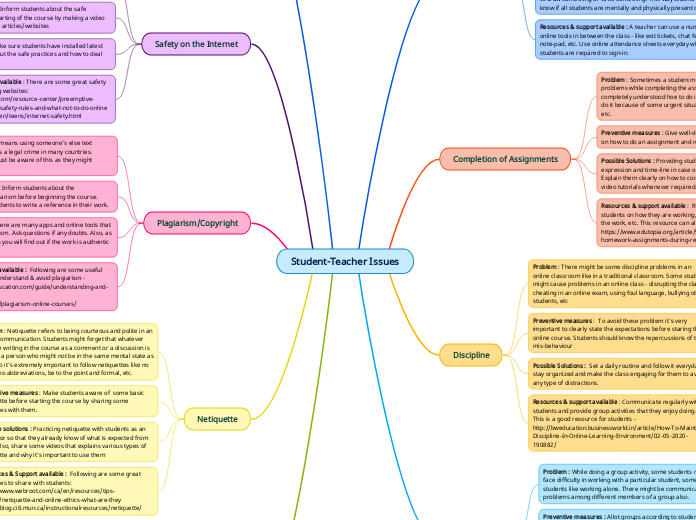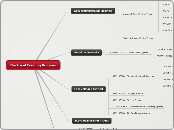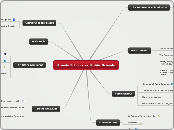door navjot kaur 3 jaren geleden
131
Student-Teacher Issues
Students face various challenges while navigating online environments, including issues related to safety and discipline. It is crucial to educate students about the potential dangers of the internet, such as cyber-bullying, downloading corrupted files, and interacting with strangers.









